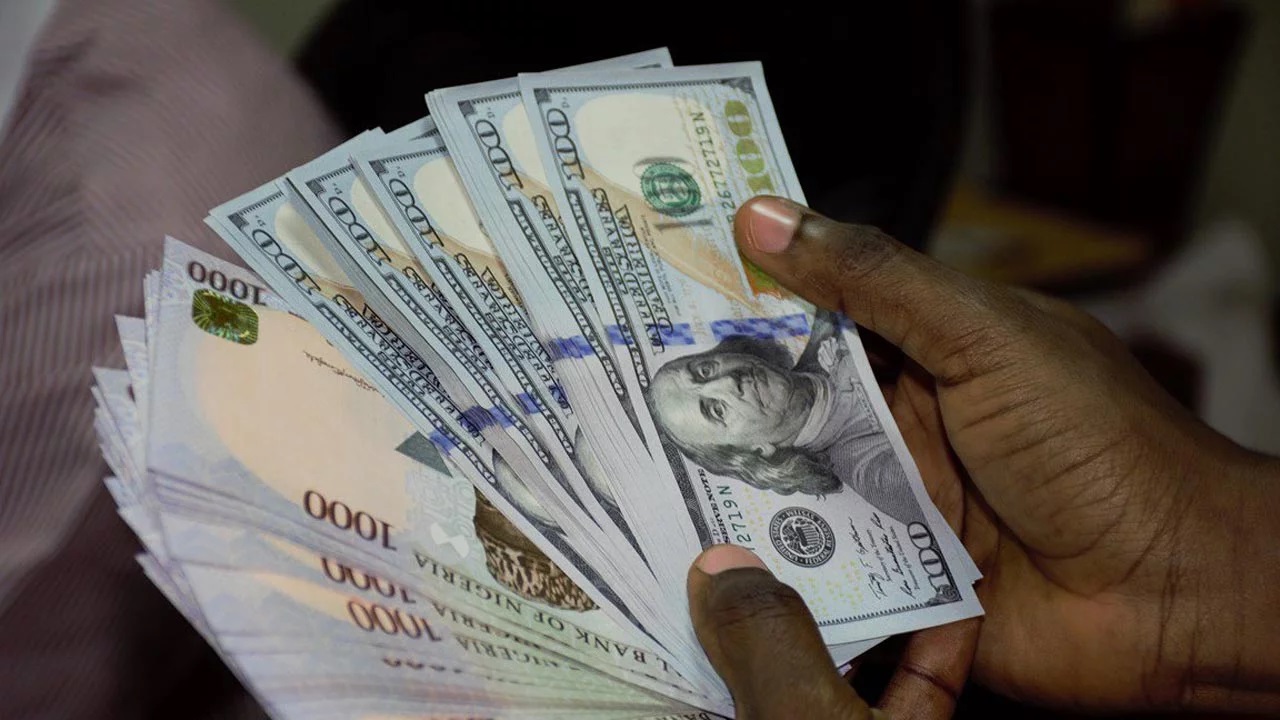The Nigerian currency, the naira, strengthened its position against the US dollar on Monday, July 3, 2023, at the investors and exporters window of the foreign exchange market.
The naira appreciated by 3.61 per cent to close at N741.50 per dollar, compared to N769.25 per dollar on June 30, the last trading day of the previous month.
The naira also recorded a significant improvement in the open indicative rate, which is the average of all rates reported by market participants.
The open indicative rate dropped from N760.39 per dollar on June 30 to N696.37 per dollar on Monday, indicating a gain of 8.42 per cent.
The naira fluctuated between N792 and N696.37 per dollar during the day’s trading session, before settling at N741.50 per dollar at the end of the day.
The volume of transactions at the investors and exporters window increased by 11.6 per cent to $88.68 million on Monday, from $79.44 million on June 30.
Meanwhile, at the parallel market, also known as the black market, the naira remained stable against the dollar on Monday.
According to sources at the Bureau De Change (BDC), the naira traded at N767 per dollar for buying and N775 per dollar for selling, the same rates as on June 30.
The naira’s performance at the investors and exporters window reflects the positive impact of the Central Bank of Nigeria’s (CBN) policies and interventions to boost liquidity and stability in the foreign exchange market. The CBN has been supplying dollars to various segments of the market, such as importers, manufacturers, travelers, remittance recipients, and BDC operators, to meet their legitimate demands and curb speculation and hoarding.
The CBN has also been implementing a flexible exchange rate regime that allows market forces to determine the value of the naira, while intervening when necessary to prevent excessive volatility and maintain confidence in the market.
The CBN governor, Godwin Emefiele, has assured that the apex bank will continue to support the naira and ensure its stability in line with its mandate of price and exchange rate stability.
He has also urged Nigerians to embrace local production and reduce their dependence on imported goods and services, which put pressure on the country’s foreign exchange reserves and affect the naira’s value.

